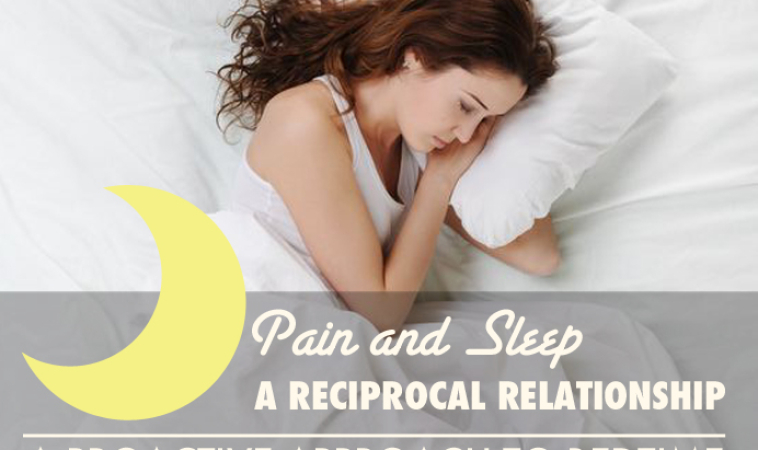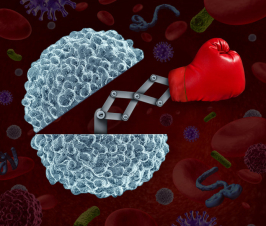Dr. Catherine Darley, ND
@naturalsleepdr
Each year, just before the clocks “leap ahead” for spring, we celebrate National Sleep Awareness week. And each year, the National Sleep Foundation releases their annual Sleep in America poll at that time. The poll is on a unique sleep topic each year, and you may have heard extra talk of sleep in the media.
This year to topic was pain and sleep.1 And anyone who has ever had an injury knows from experience that sleep is often disturbed when in pain. This poll helps us understand just how much pain is contributing to American’s sleep problems. Over 1,000 adults aged 18 years and older responded to this telephone survey. Here are some of the key findings comparing those with chronic pain, those with acute pain, and people with no pain.
First, this poll again confirms what we already know, that many Americans aren’t getting the sleep they think they need, or have difficulty falling asleep or staying there. This includes about 1 in 3 people without pain. Average sleep time was 6.7 hours nightly (remember the recommended amount for adults is 7-9 hours). Interestingly, people who reported very good or excellent quality of life and health slept 18-23 minutes more than those with worse overall health.
Overall it is only 43% of adults who are pain free. 21% have chronic pain, and another 36% have had acute pain in the last week. Comparing these three groups, it was found that:
- Self-reported good or very good sleep quality is found in significantly more people without pain (65%) versus those with acute (46%) or chronic pain (36%)
- More people with chronic pain have high stress levels compared to those without pain (23% vs. 7%)
- Those with chronic pain report poor sleep interferes with their daily work more than those without pain (40% vs. 17%)
- More sleep disorders are diagnosed in people with chronic pain (23% vs 6% of all others)
The good news is that people who are very or extremely motivated to get the sleep they need actually get 36 minutes more each night for a total of 7.3 hours. Even people with pain can increase their sleep time and quality through being motivated. People with pain were more sensitive to their sleep environment. And certainly we have some control over our sleep environment, and can make it a healthy place to sleep that is dark, quiet, and cool with a comfortable bed.
The lead author concludes “understanding the importance of sleep and taking a proactive approach to bed times can help everyone improve their sleep, even people with pain.” Don’t you agree?
 Catherine Darley, ND is the founding director of The Institute of Naturopathic Sleep Medicine in Seattle, Washington. Dr. Darley is passionate about the role healthy sleep plays in overall health and quality of life, and is pioneering the field of naturopathic sleep medicine. She provides comprehensive care for people of all ages with sleep problems, specializing in insomnia and circadian rhythm disorders. In addition to providing patient care, she educates the public and does corporate fatigue management programs.
Catherine Darley, ND is the founding director of The Institute of Naturopathic Sleep Medicine in Seattle, Washington. Dr. Darley is passionate about the role healthy sleep plays in overall health and quality of life, and is pioneering the field of naturopathic sleep medicine. She provides comprehensive care for people of all ages with sleep problems, specializing in insomnia and circadian rhythm disorders. In addition to providing patient care, she educates the public and does corporate fatigue management programs.
Reference:
- “2015 Sleep in America™ Poll Finds Pain a Significant Challenge When It Comes to Americans’ Sleep.” – National Sleep Foundation. Web. 2 Mar. 2015

















